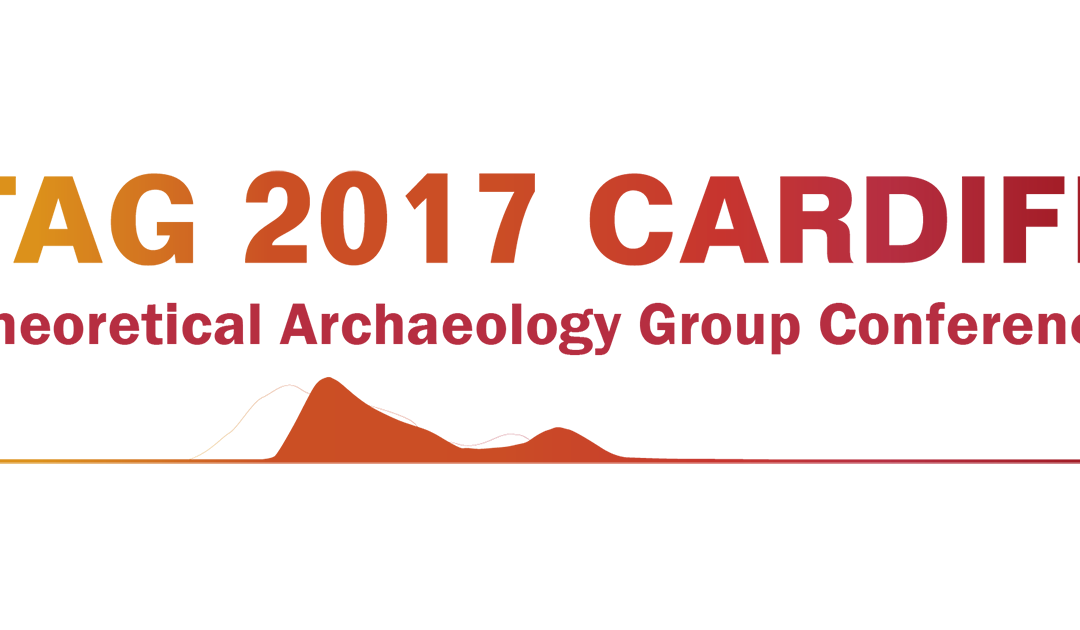 Poetry and Archaeology
Poetry and Archaeology
Session
Theoretical Archaeology Group (TAG)
John Percival Building, Cardiff
December 2017
CALL FOR PAPERS
Papers are sought for a session at the 2017 conference of the Theoretical Archaeology Group (TAG) on relationships between poetry and archaeology. The conference will take place in Cardiff from Monday 18 – Wednesday 20 December, 2017. Sessions usually involve 4-8 papers, and that there is the possibility of making a whole-day session if there are enough strong proposals. (The conference allows people to present papers in up to two sessions: the others are listed at http://tag2017cardiff.org/sessions/ )
Time, and particularly the problem of the recoverability of the past in the present, has been a major theme in poetry, at least since the emergence of romanticism. In Four Quartets T.S Eliot explores the possibility of seeing ‘time past’ through the experience of particular places. George Seferis’s The King of Asine focuses more concretely on the present-day remains of the least famous of Homer’s cities, Asine in the Argolid. Anne Carson’s work is replete with fragments from different times which are brought together and reordered, without fusing into a timeless whole.
Often it is poetry, whether that of Hölderlin or of Pindar, that provides the lens through which the remains of the past (in Heidegger’s case the sanctuary of Olympia) can be re-experienced. In some cases the gap between time past and time present is emphasised—the past is irrecoverable and can only be experienced poetically. A radically different approach has been taken by J.H. Prynne, perhaps the most ‘difficult’ of contemporary poets writing in English, who has explored the concepts that archaeologists (ranging from Gordon Childe, to James B. Griffin and Richard Bradley) in their interpretations of the past.
This session seeks to explore the potential of these links. What are the resources and limitations of the attempt to re-experience the past ‘poetically’? What does it mean for archaeological practices and concepts to be explored in poetry and criticism? How might archaeology best learn from and draw on the resources of poetry? What can be learned from comparative reflection on the processes and procedures of the poet, the archaeologist, and the literary critic? How do poetry and archaeology represent conflicting or complementary responses to the phenomenon of the fragment?
This session will explore the ways in which poetry and archaeology can, perhaps together, explore the relationship between time present and time past.
The CfP is also at:
http://tag2017cardiff.org/2017/06/01/archaeology-in-poetry-poetry-in-archaeology/ ; the paper proposal form can be downloaded at http://tag2017cardiff.org/submissions/ (deadline Friday August 25).

